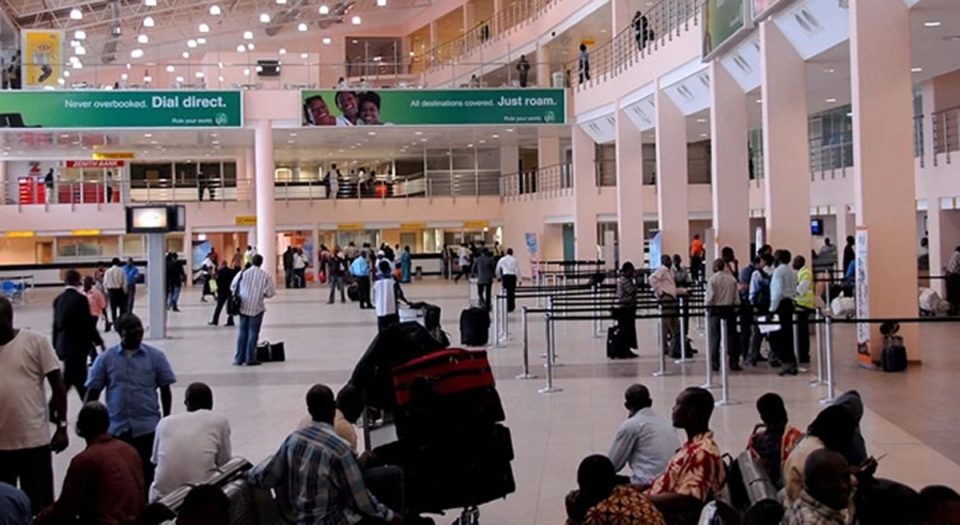- Government must guard against pitfalls of past exercises, particularly workers’ entitlements
Passengers who patronise our airports have for so long lamented the poor quality of facilities and social services at virtually all the terminals. Facilities like air conditioners, for instance, quite often fail to function, resulting in a heated, stuffy and suffocating atmosphere. Electricity supply has been known to go off at these terminals, leaving passengers in darkness and creating condition for security breaches. More often than not, the toilets are poorly maintained, letting out offensive stench and constituting health hazards. The sight of water dripping onto the floor during rainfall as a result of leaking roofs is not uncommon at our airport terminals. Another feature of these terminals is that they are invariably crowded with a lot of undesirable elements. For the international airports in particular, passengers arriving from outside the country get their first impression of Nigeria from the state of the terminals.
The Murtala Muhammed International Airport Local Wing 2 (MM2), Lagos, reputed to be the most efficient, is said to be so because it has been concessioned.
This is why it is heartwarming that the Federal Government has announced that it has reached the final phase of planning towards the concession of the terminals of four of the country’s international airports in Lagos, Abuja, Kano and Port Harcourt.
Towards this end, the aviation authorities have called for bids from reputable operators/financiers/consortiums for preselection for the concession of the four terminals on a public/private partnership (PPP) arrangement, in line with international best practices.
The authorities seem committed to ensuring that the most competent entities with the requisite experience, technical expertise and financial capacity are selected to run the facilities with the parameters they have set for the concessioning. For instance, a minimum net worth of N30 billion and Letters of Support from credible financial institutions in support of the bidder’s capability is a necessary condition that must be met by those aspiring to manage the facilities.
We commend the stringent regulations. But it will not amount to much if this laudable aspiration is not scrupulously adhered to in the implementation. We had instances in the past where, despite the rigorous standards set to oversee the processes of privatisation or concession, those who ended up winning the bids to run the inefficiently managed public institutions, demonstrated an abject lack of both the managerial and financial capacity to undertake the task. A good example was the unbundling and privatisation of the Power Holding Company of Nigeria (PHCN). Thus, government has had to infuse huge financial resources to bail out the entities. Yet, the problems in the power sector remain largely unsolved.
This is a scenario that must be avoided in the ongoing process of handing over the four airport terminals to the concessionaires. It is also commendable that state governments will not be allowed to participate in the process so that it will not be a question of running from one inefficient tier of government to another.
We are encouraged by the promise of the Minister of Aviation, Mr. Hadi Sirika, that there will be minimal job losses in implementing the concession process and that there will be full negotiation with workers before the full implementation of the programme. These assurances should calm frayed nerves in the labour unions whose members naturally lose their jobs (sometimes including their entitlements) in the course of similar exercises in the past.
Citing data from the International Civil Aviation Organization (ICAO), the minister stressed that the nation’s aviation industry is understaffed in many areas, thus the concessionaires might even need more workers rather than laying off staff. While the minister’s sentiments are noble and commendable, after the concession, the fate of workers will, most likely, be in the hands of the concessionaires and no more government. This is why even as the process of concession unfolds, arrangements must be put in place to pay workers who are laid off their entitlements, possibly from money paid by the concessionaires. There are all too many examples of workers affected by this kind of concession who languished in misery for several years all because of nonpayment of their entitlements. Many died in the process. This sad scenario should be avoided in this case.




